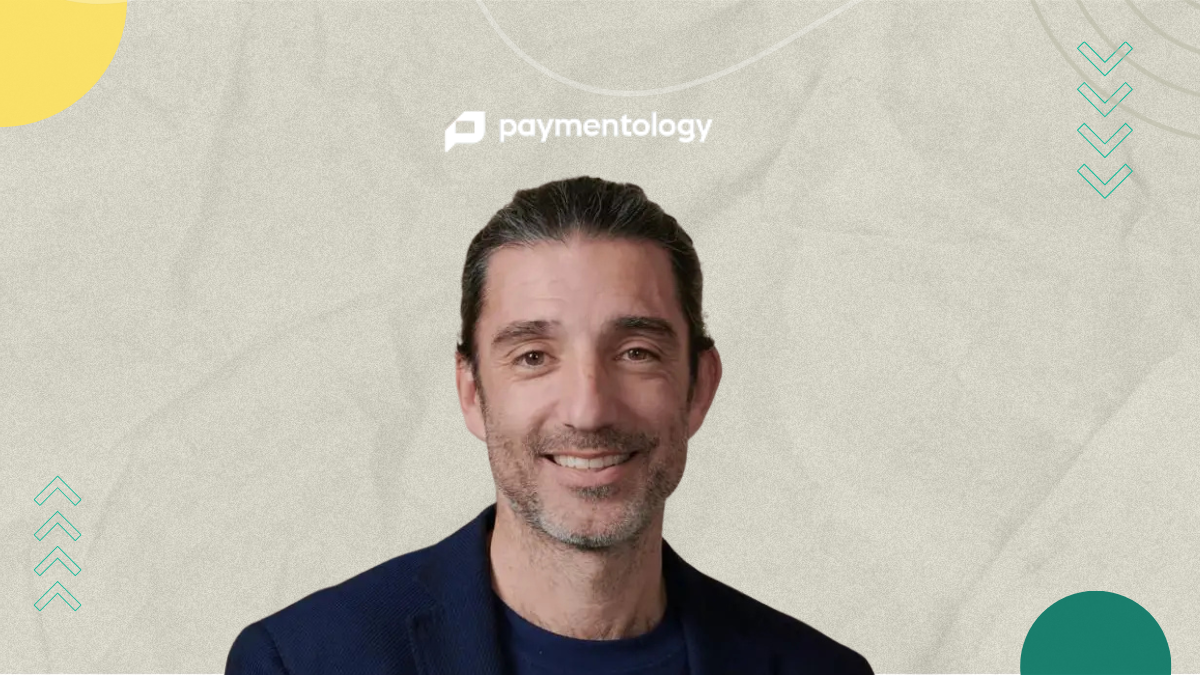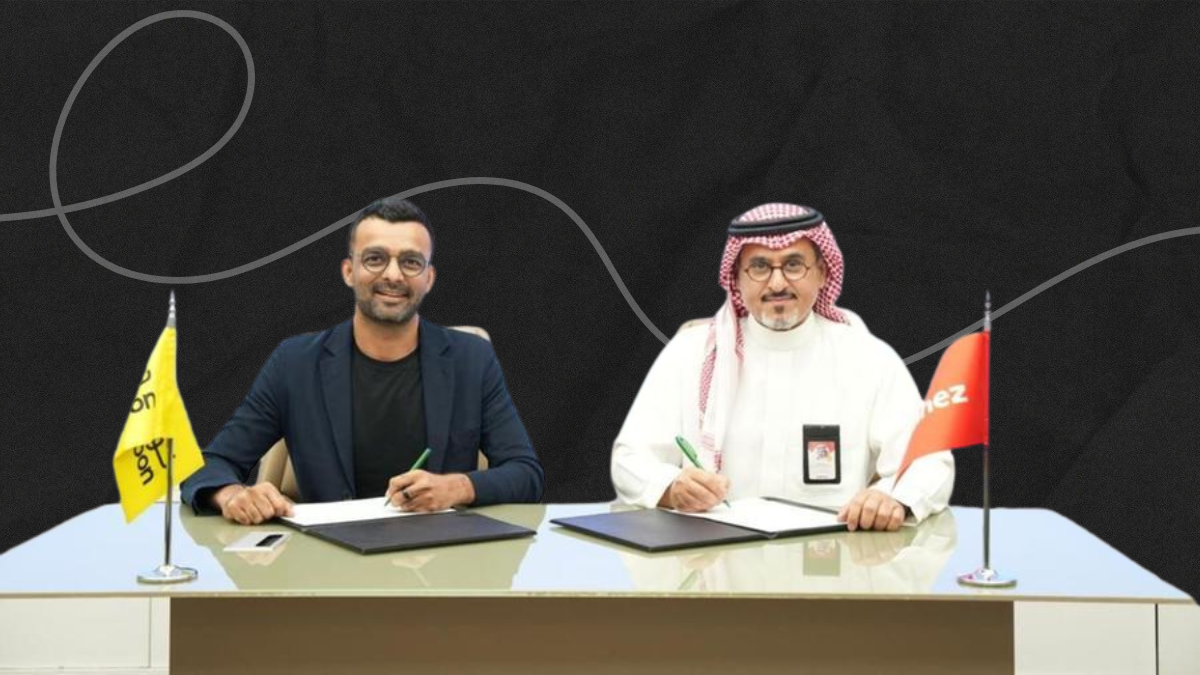I am Khaled Al Rashed. I built for legal Arabic, which led to regional trust

8 min
The lawyer who stopped accepting “this is just how it works”
When asked to summarise his career, Khaled Al Rashed starts with traditional proof: 14 years as both in-house counsel and a practising lawyer, and the decision to found his own firm in 2017. By 2022, that firm had scaled from five lawyers to 32, a growth curve that most legal founders would treat as the finish line.
Al Rashed treated it as the beginning of a harder question. In the post-COVID period, he moved into a deliberate rebrand and operating redesign, reshaping the firm into TAQNEEN LAW FIRM with improved workflows and a more intentional client experience. At the same time, he enrolled in an 18-month MIT LegalTech programme, a commitment that did not sit alongside his practice as an interesting credential, but as a forcing function. It exposed him to new models of delivery, digital transformation, and legal operations, and it pushed him towards a conclusion he could not ignore: the region’s legal market had been operating with tools that did not match its reality.
Why he walked away from a successful firm
Pressed on why he moved from a thriving law practice into LegalTech, Al Rashed frames it as a decision to confront untapped potential in the MENA legal market. The demand, he insists, was already there. What was missing were robust, purpose-built tools designed for how lawyers in the region actually work.
So he did the uncomfortable thing. He exited the firm he had built and bootstrapped Oqood.ai. It is easy to describe that shift as ambition. His explanation is more specific. Change in law is often met with resistance, which makes it tempting to keep improving the old model rather than risk building a new one. But for him, the opportunity in LegalTech had become too compelling, and the gap too obvious to keep tolerating.
The investor marathon that sharpened the story
When asked about pitching more than 50 investors before raising funding, Al Rashed describes the process as a masterclass in resilience and refinement. Each conversation forced him to clarify the narrative, tighten the logic, and communicate the urgency with more precision.
He also names a reality many founders in emerging categories discover late: LegalTech in the region is still nascent, not yet treated with the default seriousness given to FinTech. That means you do not just sell a product. You sell a category and a future. In that environment, he says, passion and storytelling become as important as the solution itself, because investors are betting on conviction and the founder’s ability to carry the market with them.
The first cheque, and what it changes
Closing a $1M seed round, Al Rashed says, felt less like celebration and more like validation paired with responsibility. It confirmed that the push forward was real, and that the job now was execution.
The support mattered psychologically too. Having investors who believed in the vision provided comfort, but it also raised the standard. Funding is a signal, and the signal is followed by scrutiny.
MIT and ESADE, and the shift from lawyer to builder
When asked how MIT and ESADE shaped his LegalTech vision, Al Rashed separates the lessons. MIT exposed him to global LegalTech trends and new business models, but also offered hands-on training that expanded his technical confidence, including coding and building foundational digital skills. ESADE, he says, grounded him in digital transformation, innovation, and entrepreneurship, the mechanics of building and scaling a company, not just understanding the space.
Taken together, the programmes gave him a holistic lens: law, technology, and business as one system rather than three separate conversations.
Building a product where law, technology, and design have equal status
On the question of how he balances legal and technical demands, Al Rashed describes a product culture with three equal pillars: law, technology, and design. Legal experts ensure accuracy and compliance. Engineers build scalable, intelligent systems. Design ensures understanding and a user experience that does not punish the client for needing legal help.
Every feature is subjected to dual validation so it is both precise and practical. It is a direct rejection of a common LegalTech failure mode: tools that are technically impressive but unusable, or tools that are friendly but legally fragile.
The university assignment that turned into real traction
Asked about Oqood’s beginnings, Al Rashed traces it to a digital transformation class assignment focused on redesigning legal processes and setting KPIs. What could have stayed academic turned into a real-world test when he built an MVP.
The response, he says, was immediate. Over 3,000 users joined in a short period. For him, that early traction did more than validate a product. It validated a market need that many still claim does not exist, and it provided the momentum to build a real company.
What Oqood is actually solving
When pressed on the core problem, Al Rashed frames it as inefficiency, cost, and risk embedded in legal workflows across MENA. Oqood.ai aims to reduce those frictions by offering a unified, collaborative, AI-powered legal workspace that automates legal research, drafting, analysis, and compliance checks, tailored to local laws and languages.
That tailoring is not a marketing flourish. It is the product’s core reason to exist.
Why the MENA context changes everything
When asked what makes Oqood different from global platforms, Al Rashed is direct. International tools can be powerful, but they are often expensive, and their local support tends to stop at basic search functionality and translated templates. They are not built for legal Arabic, regional regulatory nuance, or cultural expectations around how legal work is conducted and consumed.
Oqood, he argues, is designed from the ground up for MENA realities: bilingual, capable in legal Arabic, and able to unify fragmented regional laws and regulations into one intelligent platform. That is the difference between localisation and translation, and it is also where trust is won or lost.
AI will reshape law, but the lawyer’s value moves up the stack
When asked whether AI will transform the profession, Al Rashed does not hedge. Yes, profoundly. But he rejects the simplistic replacement narrative. AI will automate routine work and reshape roles, making strategy and judgement more valuable. It will also enable new kinds of firms and business models.
At Oqood, AI powers search, drafting, analysis, and compliance checks, but he insists it is an enabler, not a substitute. Legal work still requires context, nuance, and ethical responsibility. AI can support those dimensions, but not replicate them fully.
Regulation is catching up, and the region will adapt rather than copy
On the question of how legal frameworks will evolve around AI and smart contracts, Al Rashed expects a period of catch-up. He anticipates more specialised regulation focusing on accountability, transparency, and ethical use, with regional frameworks evolving gradually, often inspired by global models but adapted to local legal traditions and regulatory styles.
He also sees market readiness as higher than many assume. Adoption varies by organisation, but momentum is building as legal teams search for efficiency and smarter workflows. Once language, localisation, and trust barriers are addressed, he believes uptake accelerates quickly.
The three adoption barriers he refuses to ignore
Pressed on what slows LegalTech adoption, Al Rashed names three friction points: mindset, localisation, and trust. Many legal professionals are accustomed to traditional workflows and cautious about change. Tools are often not tailored to regional legal and linguistic context. And data privacy and accuracy concerns make trust the real gating factor.
His view is that once those gaps are addressed, the market moves faster than outsiders expect.
The signals that convinced investors a category can be real
When asked what helped attract investors to such a new sector, Al Rashed points to traction and validation, plus strategic partnerships that signal institutional credibility, including collaboration with the Kuwait Lawyers Bar Association. Recognition such as being named among the top 10 innovative products in Kuwait by the Sabah Alahmad Creativity Center and Kuwait Foundation also strengthened confidence.
In a nascent category, proof travels better than promises.
The transition cost, and why he still recommends the leap
Asked about the hardest part of leaving traditional practice for a startup, Al Rashed describes professional uncertainty, building a team, developing product from scratch, securing funding, and establishing market presence. Personally, the challenge was mindset: trading comfort and stability for risk and intensity, and balancing that pivot with life outside work.
His closing message to young Arab entrepreneurs reflects the same posture: keep learning, do not fear change, be flexible enough to pivot, and solve real problems with purpose-built solutions. In traditional sectors, he argues, local insight is not a constraint, it is the advantage.
For Al Rashed, the future of law is not about making lawyers obsolete. It is about making legal work clearer, faster, and more usable for the people who depend on it, and building tools that finally speak the region’s language in every sense that matters.
 LEAP26
LEAP26 AI
AI Saudi Arabia
Saudi Arabia UAE
UAE Egypt
Egypt








